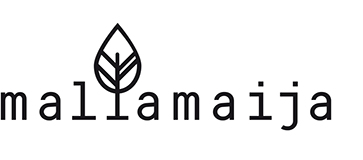Why choose organic cotton?
Organic cotton is cotton that is produced and certified to organic agricultural standards. Its production sustains the health of soils, ecosystems and people by using natural processes rather than artificial inputs. Importantly organic cotton farming does not allow the use of toxic chemicals or GMOs (genetically modified organisms). Instead, it combines tradition, innovation and science to benefit the shared environment and promote a good quality of life for all involved.
No toxic chemicals are used in the growing of organic cotton. It doesn’t damage the soil, has less impact on the air, and uses 71% less water and 62% less energy. Conventional cotton uses about 16% of the world’s insecticides and 7% of pesticides.
By 2025, two-thirds of the world’s population may face water shortages. But organic cotton is 80% rain-fed, which reduces pressure on local water sources. The absence of chemicals also means that water is cleaner and safer. Cotton is often grown in water-scarce areas using irrigation and it takes 2,700 liters of water to make a conventional cotton t-shirt.
Growing organic cotton also keeps farmers and their families safe. They are not exposed to toxic chemicals in the field or through their food and water supply. It also means farmers grow more than one crop which supplements their food and income.
When you buy organic cotton you are investing in water conservation, cleaner air, better soil and farmer livelihoods. The price for organic cotton is therefore sometimes, but not always, higher. However, with demand on the rise, more choices will become available.
Caring for the world and the people we share it with is a life choice. Choosing organic cotton is part of this choice. In 2015, 26 million metric tonnes of cotton was produced globally, much of it for the apparel industry. Organic cotton makes up less than 1% of this. By choosing organic over conventional cotton you have the purchasing power to influence brands, manufacturers and even farmers.
Source: http://aboutorganiccotton.org
